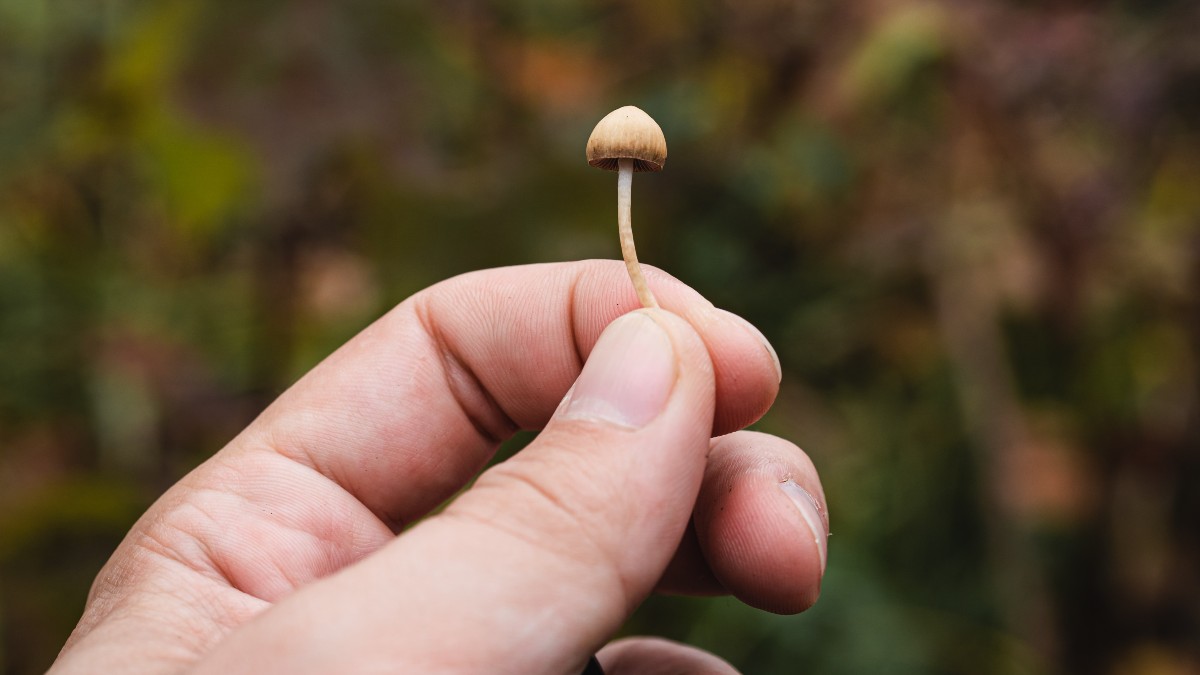
Harnessing Psychedelic Potential: Differentiating The Mental Health Uses Of MDMA, Psilocybin, And Ketamine
New research sheds light on the remarkable potential of MDMA, psilocybin, and ketamine as treatments for a spectrum of mental health conditions, including depression and post-traumatic stress disorder (PTSD).

By Mark Travers, Ph.D. | July 14, 2023
Australia, starting July 1, has become the first country to authorize the use of MDMA and psilocybin as treatments for specific mental health conditions, such as post-traumatic stress disorder and treatment-resistant depression. While the decision to allow psychiatrists to prescribe these psychedelic drugs is a bold move, there are concerns among some experts that it may be premature.
"We've got no data on long-term outcomes at all, so that worries me a lot, which is one of the reasons why I'm doing my very large study," Professor Susan Rossell of Swinburne University explained in an interview. Professor Rossell leads a $5 million-dollar clinical trial testing the potential of psilocybin in the treatment of depression.
It is clear that the scientific community's perspective on psychedelic drugs is undergoing a significant shift, moving from mere curiosity to a more rigorous exploration of their potential clinical benefits.
Here are three psychedelic drugs that are currently undergoing extensive research and clinical trials and may one day be commonplace in the sphere of mental healthcare.
1. MDMA, Which Could Help You Heal From Trauma
A 2021 clinical trial that tested the effectiveness of using MDMA to treat severe post-traumatic stress disorder (PTSD) revealed that patients who received MDMA-assisted therapies showed more improvement compared to those who received a placebo.
As neuroscientist Jennifer Mitchell explained in an interview, "MDMA is really interesting because it's an empathogen. It causes the release of oxytocin in the brain, which creates feelings of trust and closeness that can really help in a therapeutic setting."
The clinical study also found that MDMA was not only safe, but also well-tolerated among those who had co-occurring mental health conditions. The trial also found no evidence to show that participants were developing an addiction to the substance throughout the course of treatment, which is a sign that, at least under carefully controlled use, the addiction potential of MDMA could be a non-factor.
2. Psilocybin, Which Could Help You Manage Depression
A 2020 clinical trial that tested the effects of psilocybin on individuals with major depression found that two doses of the drug, in combination with psychotherapy, led to a significant reduction in depression symptoms. These improvements lasted for at least four weeks after therapy.
The trial also showed that, in certain cases, like when depression is not treatable using conventional medications or therapies, psilocybin can produce results (like anxiety relief) that can lead to improved well-being and quality of life.
However, there are some noteworthy side-effects that participants of the trial reported:
- Nausea
- Dizziness
- Headache
Further research is necessary to understand how psilocybin works on our neurochemistry to help treat depression and other mental health conditions, but experts seem to agree on one thing: psilocybin must be used under the proper guidance and care of a trained professional.
3. Ketamine, Which May Help With Anxiety, Depression And Chronic PTSD
A 2022 review conducted using 17 papers and published in the Journal of Pain Research found that Ketamine significantly improved the symptoms of anxiety and depression. The positive effects of the drug were both immediate as well as lasting. The review also revealed that ketamine enhanced the therapist-patient rapport, which is a frequently overlooked aspect of treatment.
Ketamine may also be useful in treating post-traumatic stress disorder, as a 2014 clinical trial found. This trial was the first to report an active reduction in the symptoms of chronic post-traumatic stress disorder owing to a ketamine infusion.
While research and case reports have shown significant reductions in PTSD-related symptoms and rapid antidepressant effects, long-term harmful effects of ketamine have not been ruled out by the scientific community. Still, given how promising the clinical trials are, ketamine is high on the list of psychedelic drugs with therapeutic potential.
Conclusion
Balancing caution with optimism, the global healthcare community watches as Australia pioneers a transformative shift in how society views psychedelic drugs. MDMA, psilocybin and ketamine are three such drugs that may one day become a standard part of the mental healthcare toolkit.
